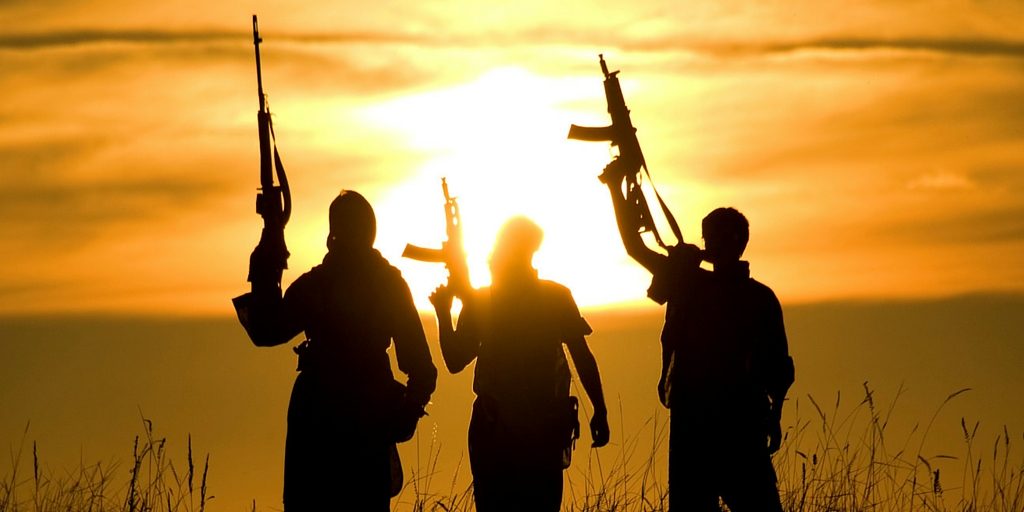Europe has yet another moment on the Muslim issue

In Austria, chancellor Sebastian Kurz will push a law this month to criminalise a mindset he has denounced as “political Islam”. In France, president Emmanuel Macron will, on December 9, give his cabinet the chance to review a draft law against what he has called “Islamist separatism.”
Mr Kurz’s move potentially goes further than that of Mr Macron even as both men stress that their target is not the Muslim community as a whole. Incidentally, France has some five million Muslims. According to the Austrian Academy of Sciences, the number of Muslims in the country of nine million has doubled to 700,000 since 2001 and only a tiny minority are linked to foreign Islamist groups.
Mr Kurz hasn’t defined “political Islam”, preferring to restrict himself to a description of what his legislative efforts are not: “This is not a fight between Christians and Muslims, or Austrians and migrants, but a fight between civilization and barbarity”.
As for Mr Macron, he insists that he is taking aim at “Islamist separatism, never Islam”. He also says he isn’t “stigmatizing French Muslims.”
Whatever the leaders’ real intentions, their parallel initiatives throw up more questions than answers.
First, is tough talk the right response to isolated terrorist attacks? It is understandable that such rhetoric is aimed at voters and domestic political opinion, but short-termism is hindering efforts to bind Europe’s citizens together.
Second, shouldn’t European leaders have learnt by now that it’s self-defeating to aggrandize isolated, lone-wolf incidents? They are tragic and disturbing, of course, but it’s inaccurate (and unwise) to portray them as attacks on Europe’s values and democracy.
Jorgen Nielsen, emeritus professor of contemporary European Islam at Birmingham University and former chair of the Centre for European Islamic Thought at Copenhagen University, recently said European leaders shouldn’t give terrorist attackers more credit than they deserve. Most importantly, he said, Europe’s leaders must find a way to link arms with Muslim constituents.
“In one way or another, show solidarity in their (the leaders’) statements, in their actions,” Professor Nielsen said. “Show that they realize, that they recognize that the vast majority of their own Muslim community is as horrified, in some ways more horrified” by the attacks.
That sounds about right. It’s not clear, however, if that’s where we’re headed.
Consider this. In 2015, Mr Kurz was instrumental (as Austria’s foreign minister) in overseeing changes to the 1912 Islamgesetz. That Habsburg-era legislation regulated the relationship between the state and its Muslim citizens and was originally meant to guarantee the rights and freedoms of Muslims in the Habsburg empire.

